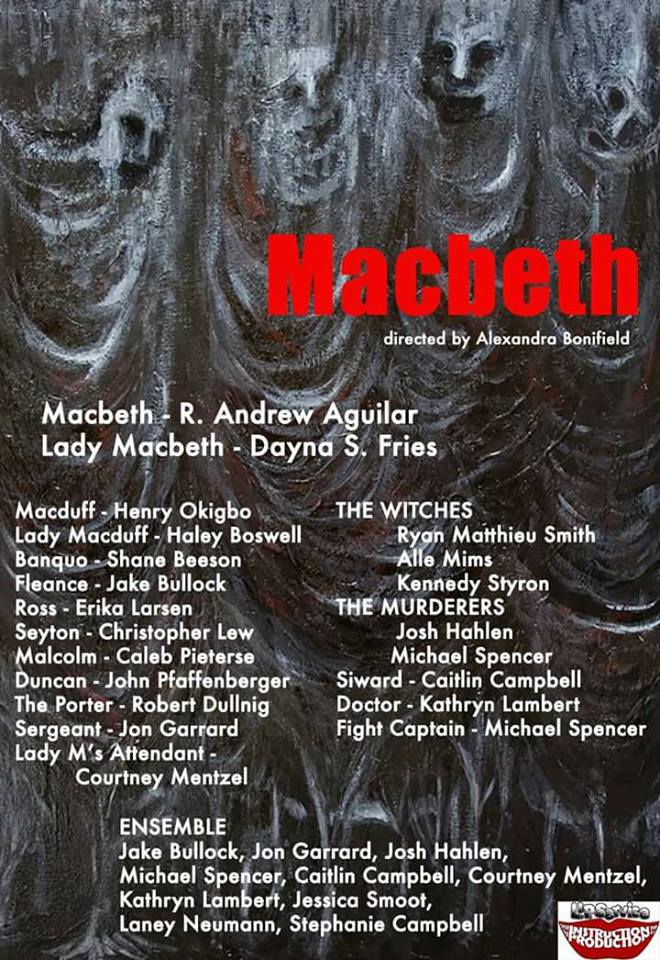
Amy Flynt and her brother were raised by her Aunt Sylvia, when they lost their parents. Amy still lives with her Aunt, who’s in her twilight years. She takes care of her, as dementia has begun to set in. In fact, her aunt does not recognize her, routinely asking, “When will Amy be home from school?” Sylvia likes Amy and they have a good connection, but imagine sharing a long-term, caring relationship with someone and watching it gradually evaporate. Amy has a competent, conscientious support system, but for all practical purposes, she is her aunt’s primary caregiver. She must vigilantly watch for triggers, as Sylvia can be fairly high maintenance, and might lash out hysterically from time to time.
Amy meets her love interest, Gregory Roberts, when she finds a book with uncut pages. (Perhaps this is an appropriate metaphor for Sylvia, whose vivid, intriguing contents are rendered inaccessible?) Gregory deals in used books, and a mutual friend sends him Amy’s way, to assess the value of such a rare find. Gregory is almost immediately smitten. Their dating life goes well for awhile, but gradually he gathers that his needs will always take a back seat to Sylvia’s. This is no small incidence. For the first time Amy has someone else looking out for, and cherishing her in that special way.
In Let It Be Me, playwright Carey Jane Hardy has constructed a deeply moving drama on a painful, frustrating, confusing subject. When we realize a loved one is besieged with Alzheimer’s, it can be like watching them stranded on a boat, drifting further and further away. We feel helpless, hurt, angry and yet must learn to cope. Hardy addresses this situation with warmth, intelligence and sensitivity, picking emotional turns with great care. She addresses the question of whether or not those who love the afflicted should roll with their mistaken fantasies or confront them. This question is never really answered, but that being said, Let It Be Me is a triumph of nuanced tone, insight and magnanimous humanity.
I have never had a disappointing experience at Theatre Britain, and Let It Be Me found a good home there. Director Sue Birch always brings a professional, precise and distinctive touch to all the shows produced there. Dizzy comedy, ruminating drama, Murder Mystery or Christmas Panto, Theatre Britain delivers with incomparable quality and exceptionally satisfying entertainment.
Due to health issues I was unable to release my review before Let It Be Me closed.
Theatre Britain: Cox Playhouse: 1517 H Avenue, Plano, Texas 75074. 972-490-4202. www.theatre-britain.com










